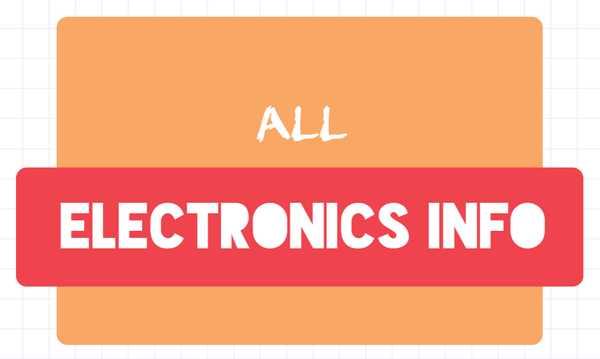Primary lithium battery makers raise capacity amid rising application
The growing adoption of primary lithium batteries in industrial and consumer applications is prompting China suppliers to increase capacity. The variant offers a host of advantages over other disposable types, including high-energy density, low self-discharge rate, and wider operating voltage and temperature. These, however, are seldom found in many devices except for special-purpose use such as military equipment due to the chemistry’s combustible nature.
Nevertheless, improvements in safety performance are helping boost adoptability. Lithium models now account for 12 percent or $1.3 billion of the global primary battery market, according to Frost & Sullivan. This is expected to continue growing by 6 to 7 percent annually to reach $1.7 billion in 2014.
The development is encouraging makers to ramp up production. Huizhou Eve Energy Co. Ltd, for instance, has constructed a new facility to raise capacity for LiSOCl2 from 18 million units to 22 million, and from 16 million to 18 million for LiMnO2. Aside from traditional cylindrical and button LiMnO2 cells, Huizhou Eve has developed 9V models for security products and RFID card systems. The company reportedly has a 39 percent share of the domestic primary lithium battery market while supplying to international clients such as Itron, Actaris, Landis+Gyr, Severn Trent, Ampy Metering and Datamatic.
LiSOCl2 and LiMnO2 are the mostpopular among various types. The former has a high energy density, low self-discharge rate, and high operating voltage and temperature. The latter, on the other hand, provides heavy current discharge, low price and flexible shape. It has no voltage hysteresis.
LiSOCl2 batteries are mostly used in industrial, automotive and military devices. These include power, water, gas and heat meters, which are evolving from traditional mechanical to automated units for better accuracy and stability. Smart meters need to be powered by wide-temperature and long-life batteries for data storage, transmission and processing.
Aside from meters, LiSOCl2’s penetration is broadening in automotive electronics such as tire pressure monitors, and car tracing and alarm systems.
For LiMnO2 chemistries, besides motherboards, remote controls, toys and office automation, adoption is extending to RFID and security products. For instance, smoke alarms can last only an average of one year when using conventional 9V alkaline batteries. Employing LiMnO2 with the same size, however, can prolong the service life up to 10 years. With its flexible shape, the type is increasingly being adopted in a variety of applications such as automatic vehicle identification and RF access control systems, e-Seals and trailer tracking.
In China, the major manufacturers of LiSOCl2 batteries include Whan Fute, Chengdu Jianzhong, Wuhan Voltec and Wuhan Lisun. Shunwo New Power, Jintan Chaochuang and Power Glory are among suppliers of LiMnO2 units.
